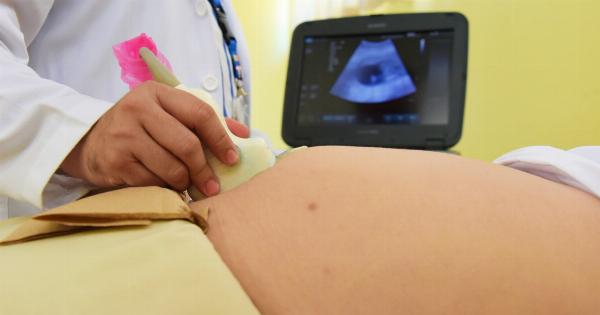Gastroenteritis, commonly known as stomach flu or stomach bug, is a common condition that affects the gastrointestinal tract.
This condition is caused by a range of bacterial, viral, and parasitic infections that cause inflammation in the stomach and intestine lining, leading to various digestive problems.
What Are the Signs of Gastroenteritis?
The signs and symptoms of gastroenteritis are variable and depend on the severity of the infection. Some of the common signs of gastroenteritis include:.
1. Diarrhea
The most common symptom of gastroenteritis is diarrhea. The stool is usually watery, liquid, and may contain mucus. If the viral or bacterial infection is severe, the stool may also contain blood.
2. Nausea and Vomiting
Another common symptom of gastroenteritis is nausea and vomiting. This condition can lead to dehydration and subsequent electrolyte imbalances as a result of prolonged vomiting.
In severe cases, vomiting may become uncontrollable, leading to dehydration and hospitalization.
3. Abdominal Cramps
Abdominal cramps are common in people with gastroenteritis. The cramps are usually persistent and cause severe pain in the abdomen. In severe cases, the pain may be so intense that the patient may require painkillers.
4. Fever and Chills
Fever and chills are common symptoms of gastroenteritis. The temperature may rise as the body tries to fight the virus or bacterial infection. In severe cases, high fever may be experienced, and the patient requires medical attention.
5. Dehydration
Gastroenteritis can lead to depletion of water and electrolytes from the body through diarrhea and vomiting. This condition can cause dehydration, leading to dizziness, confusion, dry mouth, and decreased urine output.
In severe cases, dehydration may lead to hospitalization.
6. Loss of Appetite
Gastroenteritis can cause a loss of appetite, which may lead to malnourishment and weight loss. The decreased appetite is usually a result of abdominal pain, nausea, and vomiting.
7. Fatigue
Gastroenteritis can cause fatigue and tiredness. This condition is a result of the body trying to fight the infection and the loss of vital nutrients and electrolytes from the body.
8. Joint Pains and Headache
Joint pains and headaches are common in people with gastroenteritis. The severity of the joint pain may vary from mild to debilitating, leading to decreased mobility. Headaches are usually mild but persistent.
9. Muscle Pains and Weakness
Gastroenteritis can cause muscle pains and weakness. This condition may occur due to the loss of vital nutrients and electrolytes from the body, leading to muscle cramps and weakness.
10. Blood in Stool
If the viral or bacterial infection is severe, the stool may contain blood. The presence of blood in stool is an indication of a severe infection, and the patient requires medical attention immediately.
Conclusion
Gastroenteritis is a common condition that affects millions of people worldwide. The signs and symptoms of gastroenteritis are variable and depend on the severity of the infection.
Some of the common signs of gastroenteritis include diarrhea, nausea and vomiting, abdominal cramps, fever and chills, dehydration, loss of appetite, fatigue, joint pains and headache, muscle pains and weakness, and blood in stool. If you experience any of these symptoms, seek medical attention immediately.































